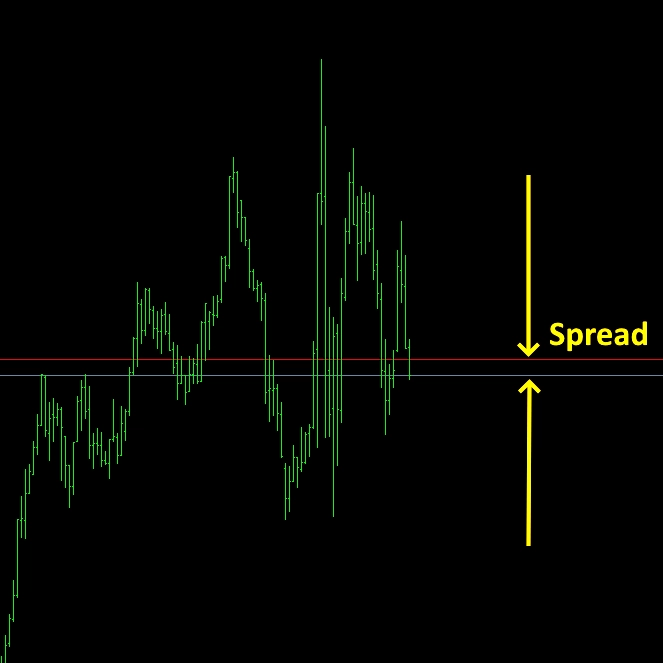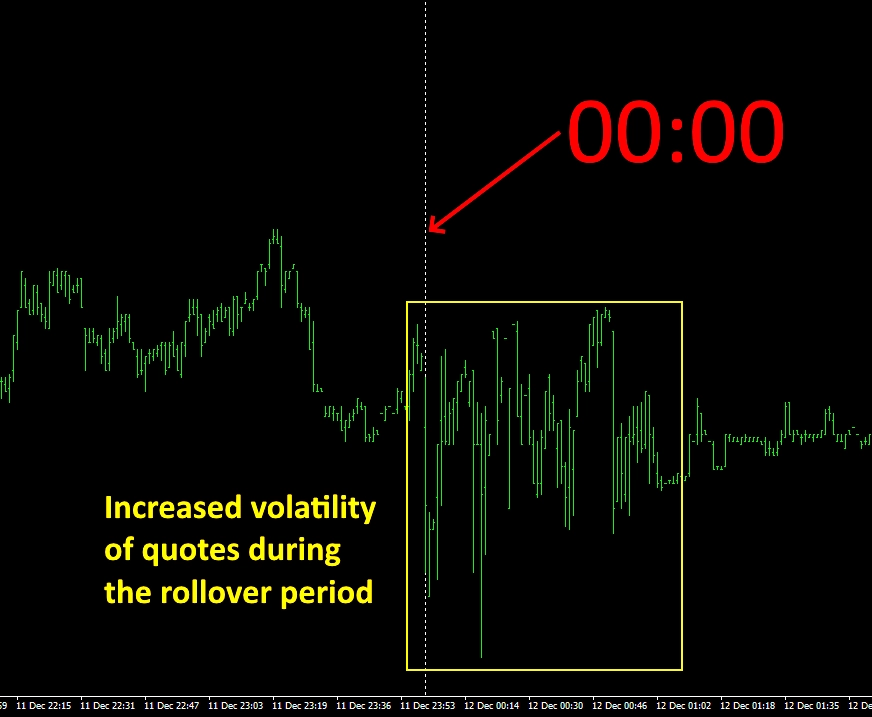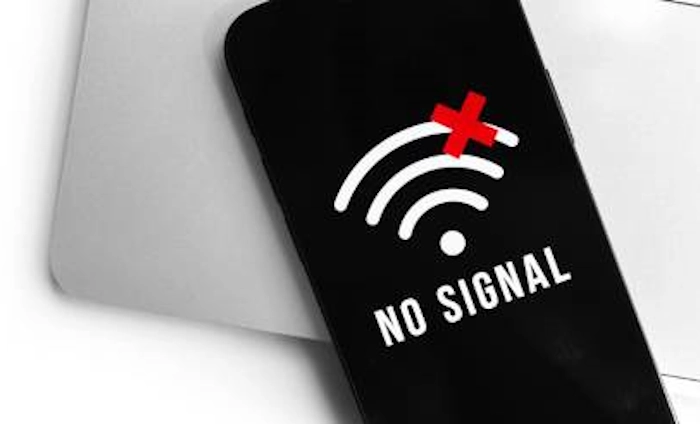There are several important factors that will negatively impact the efficiency of your automated trading. According to statistics, these factors can reduce your profitability by 30-50% (sometimes by 100%). However, the good news is that you can eliminate most of these negative factors yourself, thereby improving the profitability of your trading. Now, let's go through everything step by step.
Large Spread Size
In one of the previous articles, we discussed the paramount importance of the spread size and the necessity of choosing an account with a narrow spread for automated trading. On this page, let's reiterate – always opt for a trading account with the narrowest spread. Brokerage companies typically offer their users a choice between several types of accounts. Always choose the account type with the smallest spread! Don't be afraid that you might have to pay a commission for each trading operation. These costs are offset by the increased profitability of your trading!
If you trade on an account with a large spread, it will significantly reduce the profitability of your trading system. The spread size not only deducts a portion of the profit potential from each trade. It's not just about that. The issue is that a large spread prevents your trading system from functioning properly. A large spread prevents your trading bot from opening trades at the right place and closing trades at the right place. For many automated trading systems, a large spread size is so critical that your profitability can decrease by 100%!

So, the negative impact of a large spread can be completely eliminated by choosing the right trading account, specifically an account with a narrow spread. Our recommendation is to register with ICMarkets and choose the RAW SPREAD account (this is exactly what you need).

Slippage
Another important factor that will affect your results is slippage during order execution. Negative slippage occurs when there is too much distance between your trading platform (where trading orders are generated) and the broker's server (where these trading orders are executed). In simple terms, by the time your trading order reaches the broker's server, the quotes may have moved a significant number of pips. This distance can subtract from the potential profit of each trade. Imagine how much the profitability of your automated trading system can decrease if you add up all the missed profits over a month or a year!
The negative impact of price slippage can be mitigated by choosing a VPS (you can read more about what it is here) that is located in the same location as your broker's server.
Market Rollover
This factor is impossible to combat. However, the negative consequences of rollover are exacerbated if you use a trading account with a narrow spread. What is market rollover? Rollover is the transfer of an open position to the next trading day. To keep the trade open, it needs to be closed and reopened in the first minute of the day to shift the calculation date. Brokers automatically do this at the same price at which the position was originally opened. Rollover includes a swap, which is calculated based on the difference in interest rates between the currencies in the pair.
During rollover, the size of the market spread increases to enormous proportions, and volatility increases by 100-500%. This happens within 5-20 minutes. At the moment of transitioning to a new day, the market experiences a "fever" and "shakes." During this time, due to the significant separation of the "ask" level from the "bid" level, your trades may be affected. More precisely, the "ask" level may trigger your Stop Loss order.

It's worth noting that on accounts with narrow spreads, during rollover, the size of the market spread is significantly lower than on standard accounts. Thus, if you trade on an account with a narrow spread, the risk of triggering Stop Loss is significantly reduced.
Poor Internet Connection and PC Issues
Imagine a situation where your home internet goes down for several minutes right in the midst of active market trading. Precisely at the moment when your trading bot was about to close profitable trades and open new trading positions! Internet outages with some providers can happen quite frequently – several times a day.
Now, let's add to the scenario the "freezing" of your PC. Rebooting your computer during an update, and so on. In other words, situations in which, for reasons beyond your control, your PC decides to shut down or restart after updating some software. Some trading operations may not be opened due to this reason, and some may not be closed, potentially resulting in losses instead of profits.

Collectively, issues with internet connectivity and problems with your device, where you have installed MetaTrader for automated trading, can significantly impact your overall results.
One way to address this problem is by renting a VPS. You can read more about what it is here.

